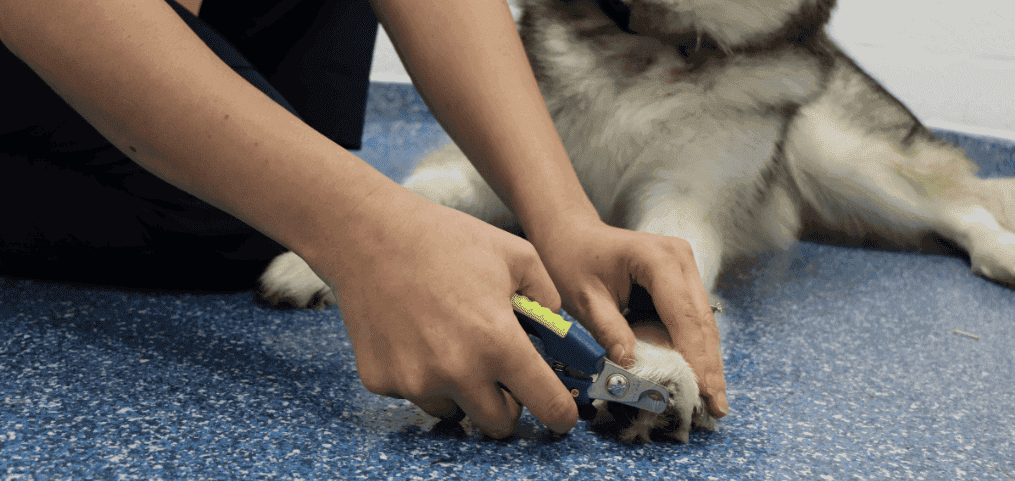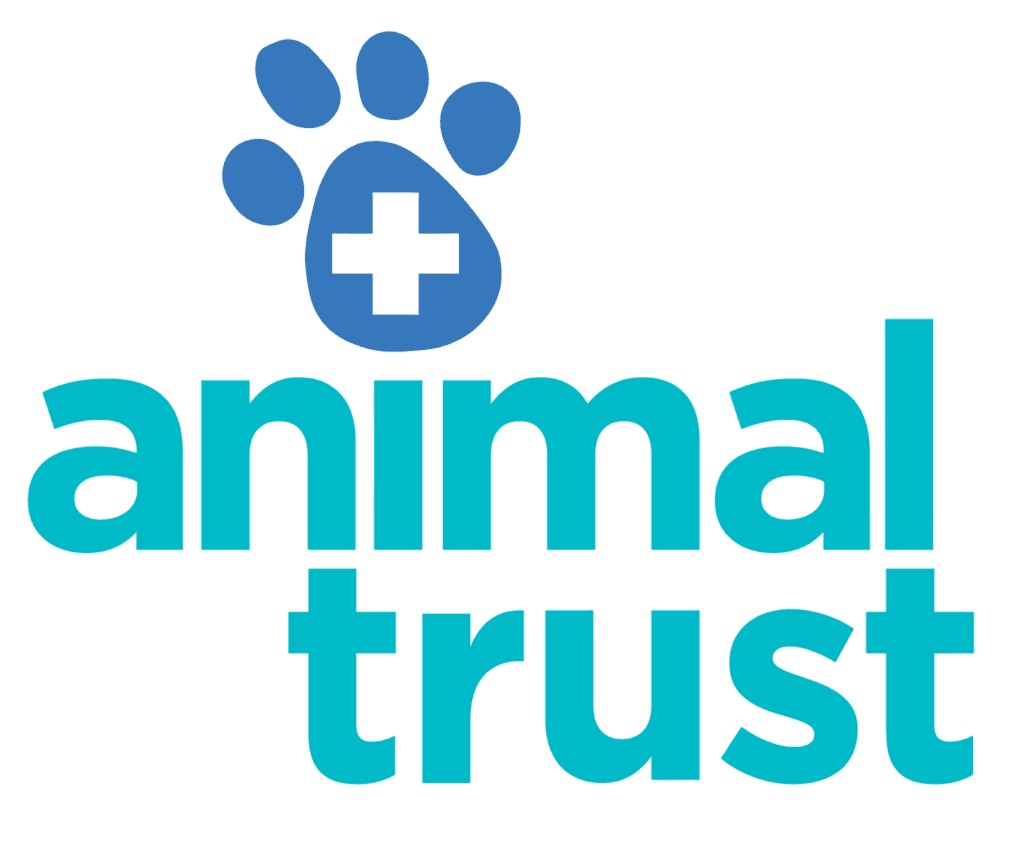
Read our guide to becoming a sustainable pet owner
From considering waste from pet food containers to eco-friendly pet healthcare, DIY pet toys to eco-friendly pet exercise


Recycling pet food containers
Sustainability in the pet food industry is one of the biggest issues that comes with eco-friendly pet ownership. It probably won’t come as any surprise that reducing the waste associated with pet ownership is one of the most impactful changes you can make to reduce your pet’s environmental paw-print.
Buying wet food in cans that can be easily recycled (rather than plastic pouches) can help. Half-used tins can be kept fresh with a reusable wet food can cover to avoid food wastage. If your pet has dry food, bulk buying pet food and aiming to use brands with recyclable packaging is another great option for improving your environmental footprint.


Reducing pet ownership waste
As with all forms of sustainability, considering the waste pet ownership generates is really important. Wasting food is a large contributor to our pets’ environmental footprint, and often comes about as a result of overfeeding. Overfeeding your pet doesn’t only have a negative effect on the environment – it also impacts your pet’s health. Ensuring you follow the feeding guidelines on pet food packets and weigh out your pet’s food every day is an important step to help control pets’ waistlines and avoid excess food. If you’re not sure about the amount of food you should be feeding your pet, read more about pet nutrition, or have a chat with your vet.
Pet plastic sustainability is another thing that’s important to think about. Choosing biodegradable cat litter and dog poo bags is an easy swap to help improve your eco-friendly pet owner credentials.


Eco-friendly pet healthcare
Keeping up to date with preventative pet care such as parasite control and neutering can considerably reduce the potential carbon cost of treatment for vaccinatable or hormonally-induced diseases. Neutering pets also reduces the burden of overpopulation on the planet and can also improve the health and wellbeing of our pets.
Using oral parasite prevention versus topical treatment (tablets rather than lotions, for example) where possible is also a good choice for the eco-friendly pet owner. There is some recent evidence suggesting that topical parasite treatment may be affecting wildlife in our waterways.


DIY pet toys
Recycling household items into safe, sustainable pet toys is another great eco-friendly pet care hack. An old t-shirt tied in a knot becomes a pull toy, while old toilet roll tubes double as puzzle feeders. Finding safe, pet-friendly swaps like this is a great way to make use of unwanted household items and make a positive change to pet plastic sustainability by cutting out new toys. Engaging toys like this are also fantastic ways to introduce canine enrichment and mental stimulation into your pet’s life.
Additionally, buying pet products and pet toys made from a sustainable source (e.g. made from hemp or bamboo) can be another way to reduce pet plastic waste.


Eco-friendly pet exercise
We all know that cutting down on car travel is a great step towards improving sustainability. Avoiding unnecessary travel with our pets can help us to reduce our overall carbon footprint. That might mean swapping the drive to the beach with a walk around your neighbourhood, for example. You can also try combining trips – e.g. to the park and the supermarket – instead of making two separate trips to minimise unnecessary travel by car. This advice is for UK pets only
Animal Trust provides sustainable health care and free consultations as part of our not-for-profit practice. If you’re looking for more eco-friendly pet care options, or are interested in booking an appointment with our friendly team, please get in touch with your local Animal Trust surgery for a consultation. This advice is for UK pets only and is not a replacement for seeing a vet
